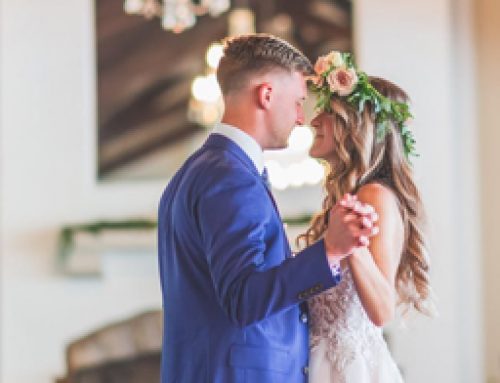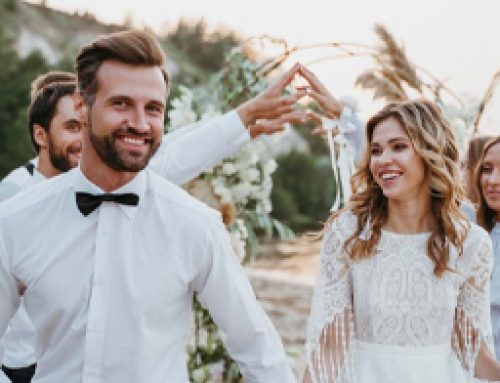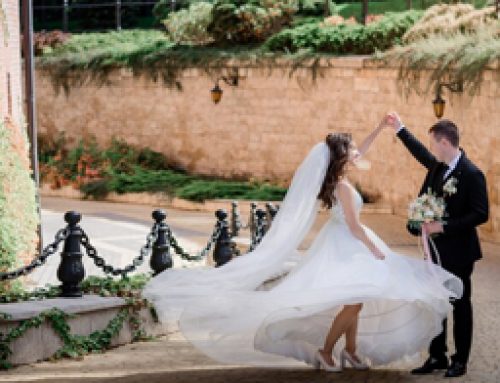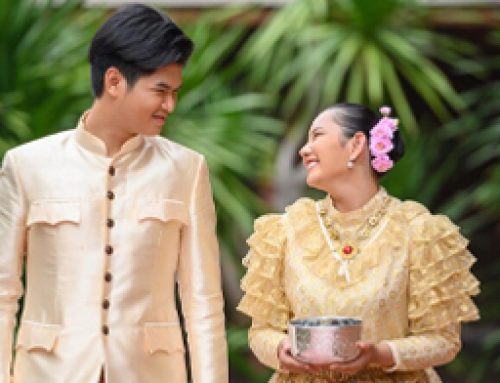Nepali Wedding Traditions, Customs & Rituals
Nepali weddings are rich in culture and traditions, reflecting the diverse ethnic groups and religious practices of the country. These traditions vary across regions and communities, but they all share a common emphasis on family, spirituality, and celebration. Let’s explore some of the key traditions and customs observed in Nepali weddings:

Nepali Pre-Wedding Rituals:
Mangal Dhun:
This is an auspicious event where the groom’s family visits the bride’s home to officially propose the marriage. The bride’s family welcomes them and offers refreshments.
Sagai/Tika Ceremony:
In this ceremony, the groom’s family visits the bride’s home to exchange gifts and blessings. The bride receives tika (a mark on the forehead) and gifts from the groom’s family members.
Pithi/Binayat Ceremony:
This is a pre-wedding ritual where a paste made of turmeric, mustard oil, and other auspicious ingredients is applied to the bride and groom’s bodies. It is believed to cleanse and purify them before the wedding.
Nepali Wedding Ceremony:
Janti:
The groom’s procession, known as the janti, is a significant aspect of a Nepali wedding. The groom, accompanied by his family and friends, arrives at the bride’s home or the wedding venue in a colourful procession. The janti is often accompanied by music, dancing, and traditional instruments.
Mandap Ceremony:
The wedding ceremony takes place under a decorated canopy called the mandap. The bride and groom sit together, and the priest performs religious rituals and recites sacred mantras. The couple exchanges garlands as a symbol of acceptance and respect for each other.
Kanyadaan:
The father of the bride performs the ritual of kanyadaan, where he symbolically gives away his daughter to the groom. This ritual signifies the bride’s transition from her paternal home to her marital home.
Saptapadi:
The couple takes seven symbolic steps around the holy fire, representing their lifelong commitment to each other. With each step, they recite vows and promises to uphold their marital responsibilities.
Sindoor and Mangalsutra:
The groom applies sindoor (vermilion) to the bride’s hair parting, symbolising her married status. He also presents her with a mangalsutra (a sacred necklace) as a symbol of their marital bond.
Ashirvada:
The wedding ceremony concludes with the blessings (ashirvada) of the elders. They offer their best wishes, advice, and blessings to the newlywed couple for a prosperous and harmonious married life.
Nepali Post-Wedding Traditions:
Bidai:
The bride bids farewell to her family and loved ones as she leaves for her marital home. It is an emotional moment filled with tears and blessings from her family members.
Griha Pravesh:
Upon reaching the groom’s home, the bride is welcomed with traditional ceremonies. She enters the house by knocking over a vessel filled with rice using her right foot, symbolising prosperity and good luck.
Reception:
Following the wedding ceremony, a reception is often held to celebrate the union of the newlywed couple. It is a grand event where family, friends, and well-wishers come together to offer their congratulations and blessings. There is usually a festive atmosphere with music, dance performances, cultural programs, and a lavish feast.
Nepali weddings are a blend of traditional customs, religious rituals, and cultural practices. They provide a platform for families and communities to come together, celebrate, and strengthen social bonds. These wedding traditions reflect the values, beliefs, and deep-rooted cultural heritage of the Nepali people, making them a memorable and cherished part of their lives.
Best Nepali Wedding Venue in Melbourne
Seasons5 offers gorgeous wedding venues for Nepali weddings in Point Cook. Surrounded by lush greenery, the hotel is a short 30-minute distance from the airport and Melbourne CBD. We’ve also got luxurious accommodation options for your guests as well as a day spa to relax and unwind. Our private lake and sprawling gardens are perfect for couples who want stunning backdrop for their wedding photos. Enjoy culinary delights from our onsite Cinnamon Bay Restaurant. Call us on 03 8376 5300 or email us at contact@seasons5.com for more information.








